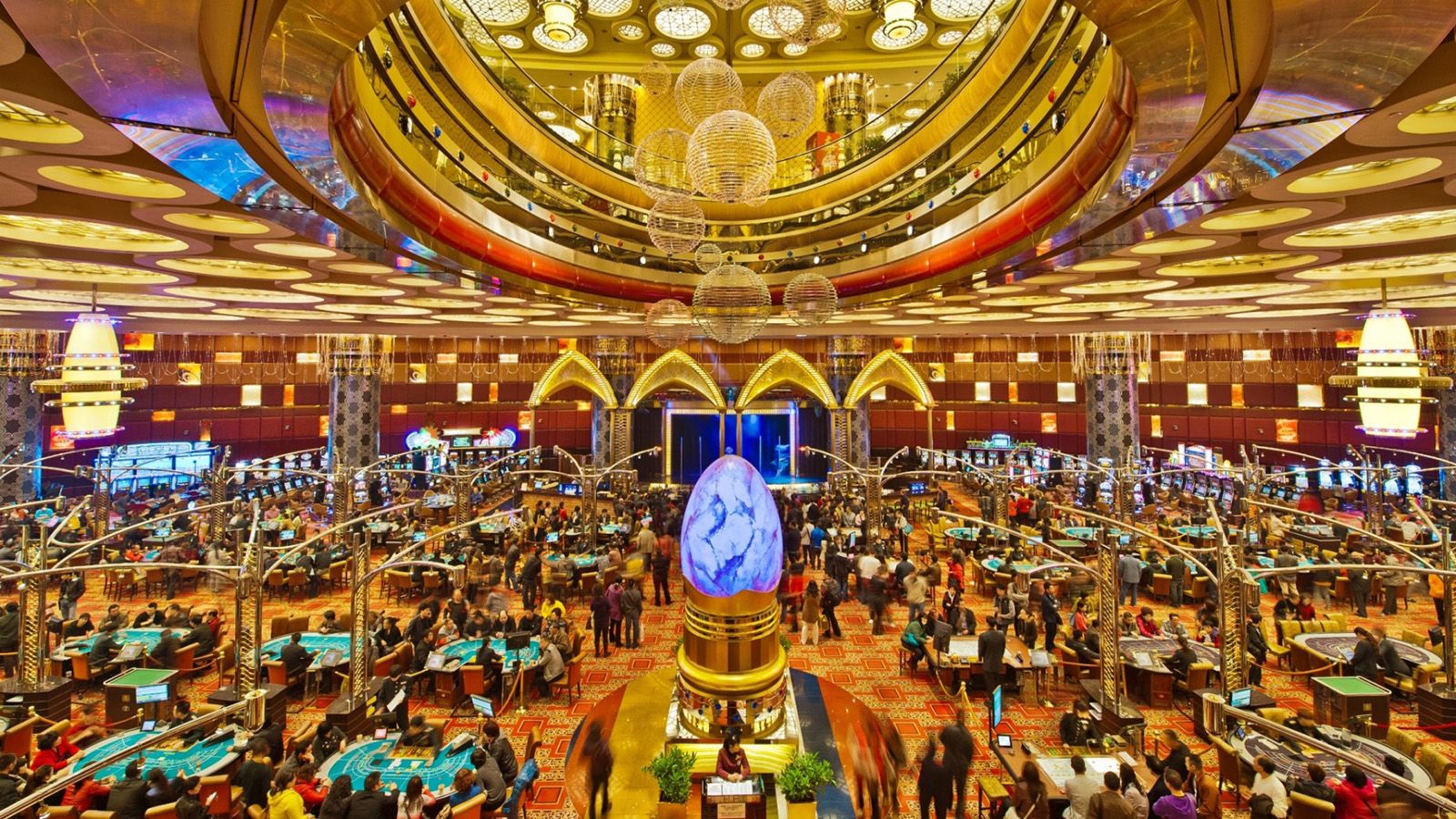
In the world of gambling, where chance and strategy meet, a unique tapestry of beliefs manifests—one that braids luck, fate, and the enigmatic nature of casino games. 32win Casinos, bustling with excitement and anticipation, are not just venues for placing bets; they are also arenas in which superstitions thrive. From the novice player to the seasoned gambler, these mysterious practices often shape how individuals approach the games they play, holding the belief that their actions can influence the outcome in ways that go beyond mere probability.
As players gather around roulette wheels, blackjack tables, and slot machines, the atmosphere is thick with stories of lucky charms, rituals, and codified behavior that defy logic yet provide a sense of comfort. It could be the case that it’s wearing a specific outfit, following a particular sequence of bets, or even avoiding certain numbers, the attachment to various superstitions reflects a deep-rooted desire to master the uncontrollable. This article delves into the captivating world of casino game superstitions, investigating the beliefs that simultaneously entertain and mystify those who dare to play.
Historical Beginnings of Superstitions
Casino games have long been entwined with an array of superstitions that go back to primitive societies. The beginnings of these beliefs can be connected to humanity’s intrinsic need to manage the random outcomes associated with fortune and chance. In ancient civilizations, games of uncertainty were often tied to spiritual practices. Players would invoke blessings or request favor from deities, believing that their actions could affect the odds in their benefit. This foundation laid the foundation for the multitude of superstitions that spread as betting evolved over centuries.
During the medieval age, betting became a popular hobby across European nations, and with it, a colorful tapestry of superstitions appeared. Participants adopted various rituals and charms, believing they could influence the results of games. The significance of digits, in particular, began to appear in superstitions related to card games and dice. The number 7 was often considered favorable, while other numbers carried unfortunate connotations. These notions mirrored the social contexts of the time, adapting as they transferred through generations and changed to emerging gaming environments.
As gambling houses emerged in the 17th century, particularly in Italy and France, the atmosphere surrounding betting became steeped in enigma. The growing openness of gambling activities allowed for the expansion and variation of superstitions among players. Concepts like lucky charms, designated seating arrangements, and rituals gained prevalence, creating a unique culture within gambling establishments. As these practices continued to thrive, they became integral to the character of casino activities, illustrating how history and society shape the notions that influence how participants interact with chance.
Common Casino Superstitions
Superstitions surrounding casino games are plentiful and varied, mirroring the hopes and anxieties of gamblers as they engage in random activities. One of the most prevalent views is that specific numbers bring luck or misfortune. For example, the number 7 is often seen as a favorable number, frequently embraced by gamblers looking for a favorable result. Conversely, the number 13 is routinely considered unlucky, leading many players to avoid it during their gaming sessions.
A frequent superstition relates to rituals that gamblers believe can affect their chances. It could be blowing gently on the dice before a roll, using a particular gesture to place a wager, or even putting on particular items of clothing, many people feel that these actions can tilt fate in their benefit. These rituals offer a sense of control in an otherwise random environment, strengthening the idea that luck can be manufactured through individual convictions and habits.
Finally, the ambiance and vibe of the casino itself contributes to superstition. Many players suggest that the presence of certain symbols, such as four-leaf clovers or fortunate coins, can enhance their odds of success. Additionally, gamblers might hold to the belief that victory streaks can be interrupted by mundane occurrences, such as someone walking past or a accident at the table. The collective atmosphere in a casino can amplify these superstitions, creating a communal culture of myths that transcends individual encounters.
Impact of Superstitions on Players
Beliefs play a important role in the psychology of casino players, often influencing their behavior and choices. Numerous gamblers think that fortune can be manipulated through various rituals, such as wearing a lucky charm, choosing particular hues, or steering clear of particular digits. This reliance on superstitions can create a sense of authority in an environment that is intrinsically unpredictable. Players often feel more confident and engaged when they feel that their actions could sway the outcome of a game in their advantage.
The impact of these superstitions extends past individual players, affecting the general atmosphere within the casino. For instance, a player who holds the belief in the luck of a certain slot machine might attract a gathering, as onlookers are fascinated by their apparent success. This collective belief can heighten excitement and create a lively environment, leading to an interesting experience even for those who may not necessarily be believers themselves. The buzz around specific games can lead to higher participation and longer playing sessions, supporting the casino’s lively social scene.
In some instances, superstitions can lead to harmful effects for players. Relying too heavily on rituals can result in poor gambling decisions, as some may ignore basic strategies in favor of baseless beliefs. Additionally, the pressure to perform rituals may heighten anxiety and tension, diminishing from the pleasure of the experience. Ultimately, while superstitions can enhance the excitement of playing casino games, they can also lead to poor choices that overshadow the enjoyment and entertainment intended in the casino experience.